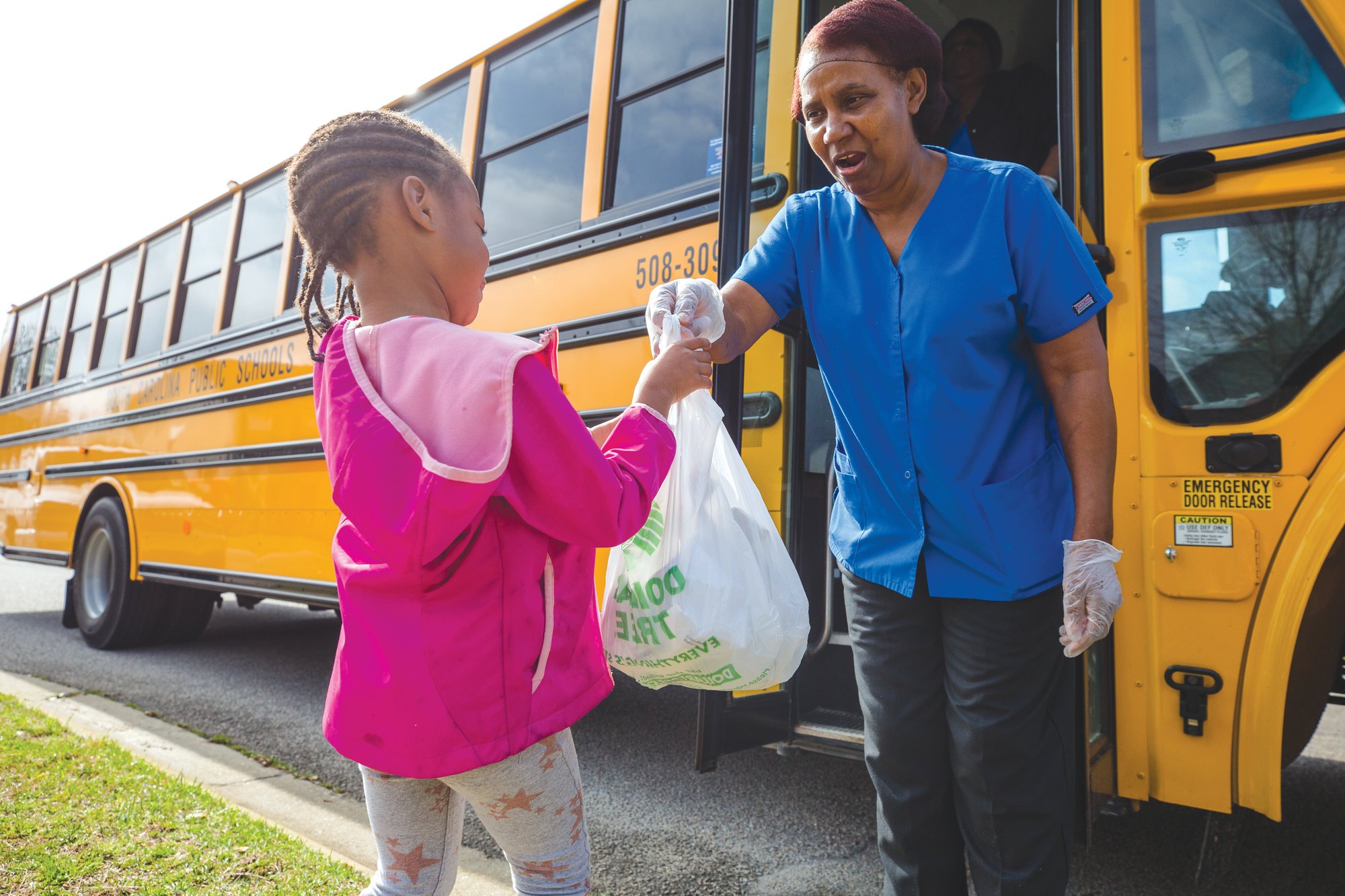Most S.C. schools to restart in person just a few days a week
The Associated Press
COLUMBIA - Most school districts in South Carolina will not open their doors to students all five days a week when they start the new academic year during the COVID-19 pandemic, even though the governor demanded all schools offer a five-day-per-week, in-person option.
The state Education Department approved the last of the reopening plans for all 81 districts in the state Monday.
Just one out of every five school districts will open doors to students five days a week, and four plans start without any in-person option for classes, although those districts promised to bring in students whose parents want them to be in a school building as soon as it is safe.
On July 15, Gov. Henry McMaster said he wanted to see all schools offer a five-day-per-week, in-person option, saying "we must have our schools available" and "parents must have a choice."
Many school boards resisted. In meetings and statements, they said they were unhappy that the governor did not respect the massive amount of work they put into what they thought were careful, safe reopening plans where students were split into groups so they all weren't in the school building on the same day.
More than 50 districts are splitting students into two groups to come to the school two days a week each, with the fifth day set aside for extra work and deep cleaning.
All districts are offering a virtual option for the entire year, and every district will require students to either be at the school building or logged in for virtual learning every school day.
All districts also are promising to go to classes five days a week in person as soon as it is safe to do so. Many tie that next step to a rating by state health officials based on case rates, percentage of positive cases and the trend in cases up or down. All 46 South Carolina counties are currently rated with "high" COVID-19 activity.
The districts have an important ally in state Education Superintendent Molly Spearman, who is independently elected and has authority over them. Spearman urged them to have at least one day a week of in-person learning.
McMaster appeared to take a softer line from his July stance when talking to reporters in Greenville on Monday, saying he hopes schools get to five days a week as soon as possible.
"There is no substitute for face-to-face learning and teaching in the schools," McMaster said.
Many systems did follow another of McMaster's requests - 31 of South Carolina's 81 districts plan to start school back on Sept 8. The Tuesday after Labor Day is the latest start date allowed under state law and something McMaster requested to give more time to get COVID-19 under control.
There are encouraging signs the rapid spike in cases is over, but the disease is still spreading much faster than it did in early June when the school year, all virtual since the pandemic started in the spring, ended.
The seven-day average of new COVID-19 cases has dipped below 1,200 for the first time in more than six weeks. The state topped 100,000 cases this week and will likely top 2,000 deaths in the next few days, according to the South Carolina Department of Health and Environmental Control.
The percentage of tests that come back positive has continued to decline even as the total number of tests conducted is also declining.
Experts said they are waiting to see if the trends continue as the governor allowed gatherings of up to 250 people at the beginning of the month and school starts back.
Also on Tuesday, the Palmetto State Teachers Association asked the South Carolina Board of Education to temporarily lift rules that allow for teachers to have their licenses suspended for up to a year if they break a contract after they sign it. Contracts are typically signed at the end of the previous school year.
The organization is not encouraging teachers to break contracts but is asking for flexibility during the COVID-19 pandemic, wrote Kathy Maness, executive director for the group.
"These teachers should not be penalized for having to make an impossible decision that requires them to choose between their health and their livelihood," Maness wrote.
More Articles to Read

